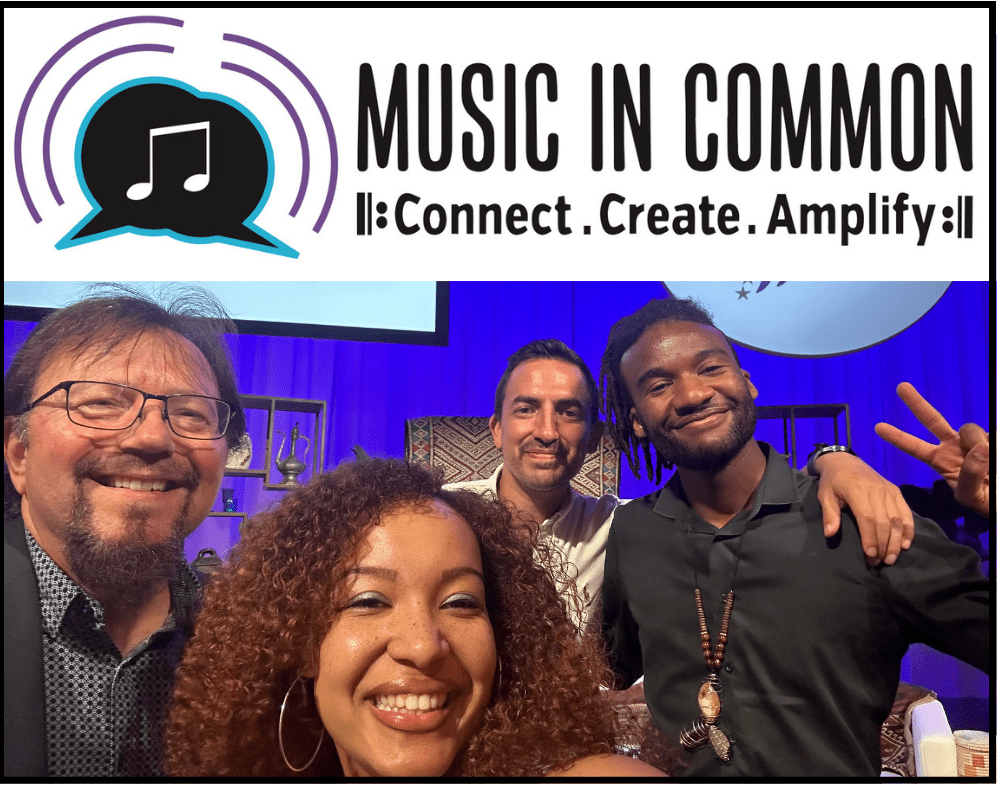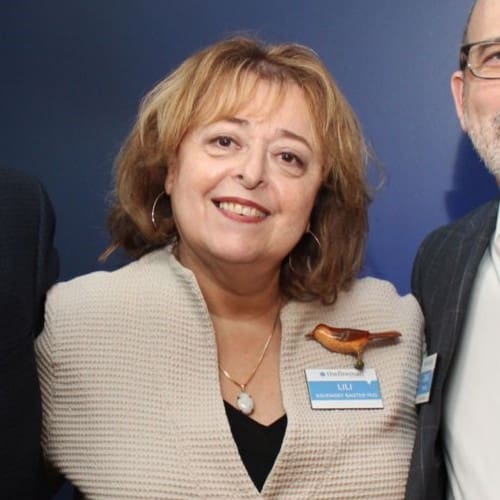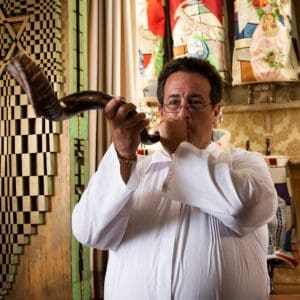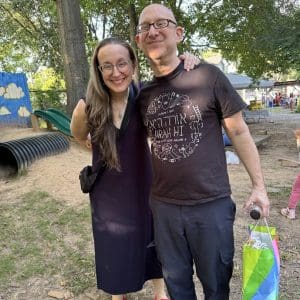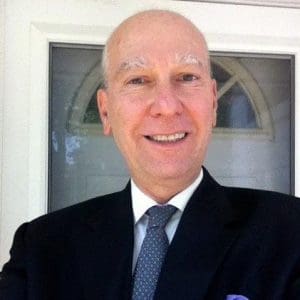SHIRA 5778
THE SUSTAINING HUMAN TOUCH
January 25, 2018
9 Shevat 5778
"Now when Pharaoh let the people go, God did not lead them by the way of the land of the Philistines, although it was nearer; for God said, 'The people may have a change of heart when they see war and return to Egypt.' So God led the people around about by way of the desert… [Exodus 13:1,2]
God was well aware that the Israelites, recently liberated from slavery, were fragile. They lacked self-confidence and were uneasy about their future. The direct route from Egypt to the Promised Land was along the Mediterranean shore, an area inhabited by the mighty and well-armed Philistines. To avoid the real danger of armed conflict, God had Moses take the Israelites on a circuitous route through the desert.
Yet even heavenly plans are compromised by reality on the ground. It didn't take long for Pharaoh to regret his decision to let the Israelites go. He mobilized his chariots and cavalry, and within a week following the Exodus, the Israelites were threatened by the Egyptian hosts at their rear as they faced the sea before them.
Not surprisingly, the people complained bitterly that they were now doomed to perish in the desert. God did not reprimand them for their lack of faith. He simply assured them, "I will do battle for you." You know the story. The waters parted for the Israelites and then engulfed the entire Egyptian force.
Shortly thereafter, the Israelites once again complained – this time about the lack of drinkable water. Again, God did not rebuke them but simply directed Moses to place a branch into the bitter waters and they were miraculously sweetened.
In these two instances, God exhibited great sensitivity, as the loving Father who patiently comforts and protects His children.
At different times in our lives, we feel terribly fragile. Life can be harsh, and when our failures eat away at us, we are grateful for the warm embrace, the comforting words, the thoughtful gesture that help us find the strength to carry on.
What is true for us is equally true for others who, when battered by life, understandably feel frail. At such moments we can – and should – endeavor to be among those with the comforting words and heartfelt embrace. It's amazing how a phone call or a note can impart strength to a friend or relative going through a hard time.
Our tradition places great emphasis on gemilut chasadim, acts of loving kindness. It enshrines giving tzedakah, charitable gifts, to those in need, and urges us to visit the sick and to comfort the mourner. These are highly treasured mitzvot, commandments that convey the message that, at this critical time in your life, you are not alone.
Life is such that, despite efforts to protect ourselves and others, stuff happens to throw us off balance. John Lennon put it well: "Life is what gets in the way after you made other plans." The caveat is to be sensitive to the fragile souls in our midst. We may not be able to totally assuage their pain or protect them from every potential harm, but we are urged to help as best we can.
We are blessed when, in our fragile moments, there are the many whose very presence gives us strength. We are no less blessed when we reach out to others, and help them find the strength to overcome despondency and to transition from their night of despair to the new light of a morning of restored hope and self-confidence.
—
From Jerusalem, my best wishes for a Shabbat Shalom u'Mevorach, a Shabbat of peace and blessing.
Rabbi Arnold M. Goodman
BO 5778
HEARING OTHERS – PHAROAH AND US
January 16, 2018
2 Shevat 5778
Egypt is reeling. For weeks, the country has been afflicted with a series of plagues that has altered its people's lifestyle, compromised health, and wreaked havoc upon the land and livestock. Moses and Aaron repeatedly appear before Pharaoh demanding that he honor God's demand, "Let My people go that they may serve Me."
Pharaoh does propose a halfhearted compromise that was flatly rejected by Moses. He was clear that the destiny of the entire community, men, women, and children, was to no longer be slaves to Pharaoh, but rather to be a community consecrated to the service of God.
The Bible attributes Pharaoh's intransigence to his hard heart. He was a captive of an ego that reinforced his conviction that what was good for him was best for Egypt. Many millennia later, the French monarch, Louis XIV, dismissed the warnings of his counselors to be sensitive to the demands of his rebellious subjects. His response was l'Etat c'est moi, I am the state, and I alone will decide what is best for the nation. This attitude eventually led to the monarchy being toppled in the French Revolution.
Leadership is a privilege. The venue may be a nation, an organization, a family. This position is accompanied by the power to make decisions that impact upon others. A leader who isolates himself/herself and leads by fiat, all too often discovers he/she has placed those whom he/she leads in a precarious situation.
While it is true that the pace of the leader is the pace of the game, the effective leader responds to suggestions that he/she takes into account even if it means varying the game plan. He/she may accept the wisdom of accepting compromises that are personally distasteful. The wise and truly effective leader is capable of sublimating the ego.
Harry Truman kept on his desk the reminder that "the buck stops here." Yet, before making final decisions, he consulted with many and gathered the information that would enable him to make the most informed decision.
For most of us, the family is the basic unit in which we carry on our lives. There are families where the father is the proverbial autocrat at the breakfast table. There are families in which the mother is the final arbiter. Many families have a culture that has been transmitted from generation to generation that determines the customs and practices to be followed by every member. Often there is the inevitable tension of dealing with the impact of societal changes that are shaping the life of a family's younger members. In such situations, a family head (the older generation) may well believe he/she is faced with mutinous descendants. A hard and intractable response might well destroy relationships, and with it, the family. Progress is possible only when all parties are capable of sublimating their egos.
This is what Pharaoh's court sought to transmit to him as the father of his nation. That sage advice is relevant for us. Time and again, we are confronted with difficult decisions. The caveat is to resist being captive of our egos and to seek and respond to thoughtful and helpful input.
The consequences of Pharaoh's brittle ego are a constant reminder of the disaster that often awaits when we permit our hearts to harden.
—
From Jerusalem, my best wishes for a Shabbat Shalom u'Mevorach, a Shabbat of peace and blessing.
Rabbi Arnold M. Goodman













